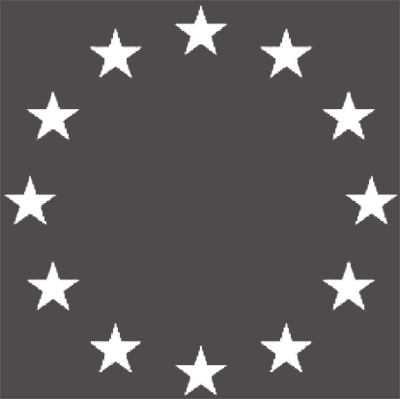Illegal use of a structure: Fines ruthlessly pursued
First a warning, then possibly repeated fines on investors and owners for illegal use of structures: this is one of the effects of recent changes in the Construction Law.

Tales from the National Appeal Chamber: The contracting authority must create equal conditions for all contractors
Fair competition and equal treatment of contractors are the main principles of awarding public contracts, and all actions taken by the contracting authority in preparing and conducting the procedure must comply with these principles. Nonetheless, procurement procedures often raise questions about how these principles should be applied in practice. Some doubts were recently dispelled by the National Appeal Chamber in its ruling of 15 October 2020 (case no. KIO 2104/20).

Starting business activity in Poland as a sole proprietorship: Pros and cons of various taxation forms
Compared to other forms of professional activity of an individual (for example working under an employment contract or contract of mandate), individual business activity allows the individual to benefit from a range of forms of income taxation. Thus, before generating their first business revenue in Poland, individuals they should examine their activity to find the most appropriate form of taxation. Below we present the available forms of taxation for business income, with their main advantages and disadvantages.

New series: Data economy
We are launching a series of articles on the data economy. We use this term to refer collectively to new models of the economy in which the principal role is played by data. Data are becoming an asset in their own right which is more and more often the subject of commercial exchange. This doesn’t mean only personal data. It also, or even primarily, means non-personal data of all sorts, including those generated or gathered by machines, whose value we are only beginning to discover.

Who owns data?
A core issue for the data economy is how to define the legal status of data. Can data be the subject of ownership? If not, what rights can be exercised with respect to data? Future models for management of data will depend on the answers to these questions.

Testarossa: The ins and outs of genuine use of a trademark
Does the sale of replacement parts and accessories for Testarossa cars and used Testarossas qualify as genuine use of the Testarossa trademark? If so, is the mark used only for high-priced luxury sports cars, or for the whole category of cars?

The shape of Ritter Sport, and other chocolate disputes
On 23 July 2020, the ten-year dispute over the square packaging of Ritter Sport chocolate ended. The proceedings were held in Germany, but the decision may provide guidance to courts of other states on how to interpret the notion that shape can add significant value to a product.

Tales from the National Appeal Chamber: Proper calculation of the three-year exclusion period for breach of an earlier contract
An optional ground for exclusion from procurement proceedings, breach of an earlier public contract, is limited to three years after occurrence of the event that is basis for the exclusion. But a problem arising in practice is which event should be considered when calculating the three-year period. Termination of the contract by the contractor? Repudiation of the contract by the contracting authority? Or perhaps entry of a judgment for damages for breach of the earlier contract? The answer can be found in the ruling by the National Appeal Chamber of 26 August 2020 (case no. KIO 1781/20).

Earlier disposal of assets by a debtor does not eliminate the chances of a future creditor
A creditor has a chance to obtain satisfaction through a fraudulent transfer claim even if the debtor disposed of its assets before the claim arose. The intention to injure future creditors is demonstrated by the foreseeability of insolvency, and thus the debtor’s expectation of becoming insolvent with respect to potential creditors.

A foreigner may have to obtain a permit from the Minister of Interior and Administration to acquire real estate in Poland
The Act on Acquisition of Real Estate by Foreigners of 24 March 1920, which has been in force in Poland continuously for over 100 years, greatly limits the acquisition of real estate in Poland by foreigners, by requiring them to obtain prior consent from the Minister of Interior and Administration. Conclusion of a real estate acquisition agreement without a required permit is subject to the most severe sanction, resulting in invalidity of the transaction. However, the act permits certain departures from the strict requirement of ministerial consent.

Legal consequences of a “hard Brexit”
It will soon be 10 months since the United Kingdom withdrew from the European Union. Although Brexit has formally already occurred, the real-life consequences are barely noticeable. But the transition period in force since the beginning of February 2020 is inexorably coming to an end, and it appears less and less likely that before it expires at the end of 2020 the parties will manage to reach an agreement governing the future relations between the UK and the EU.

M&A and corporate law following a “hard Brexit”
It is looking increasingly likely that an agreement governing relations between the UK and the EU after 31 December 2020 will not be reached in time. This could cause some legal turbulence.
